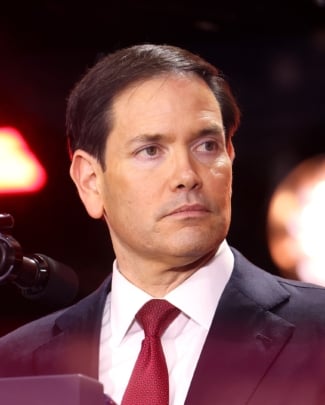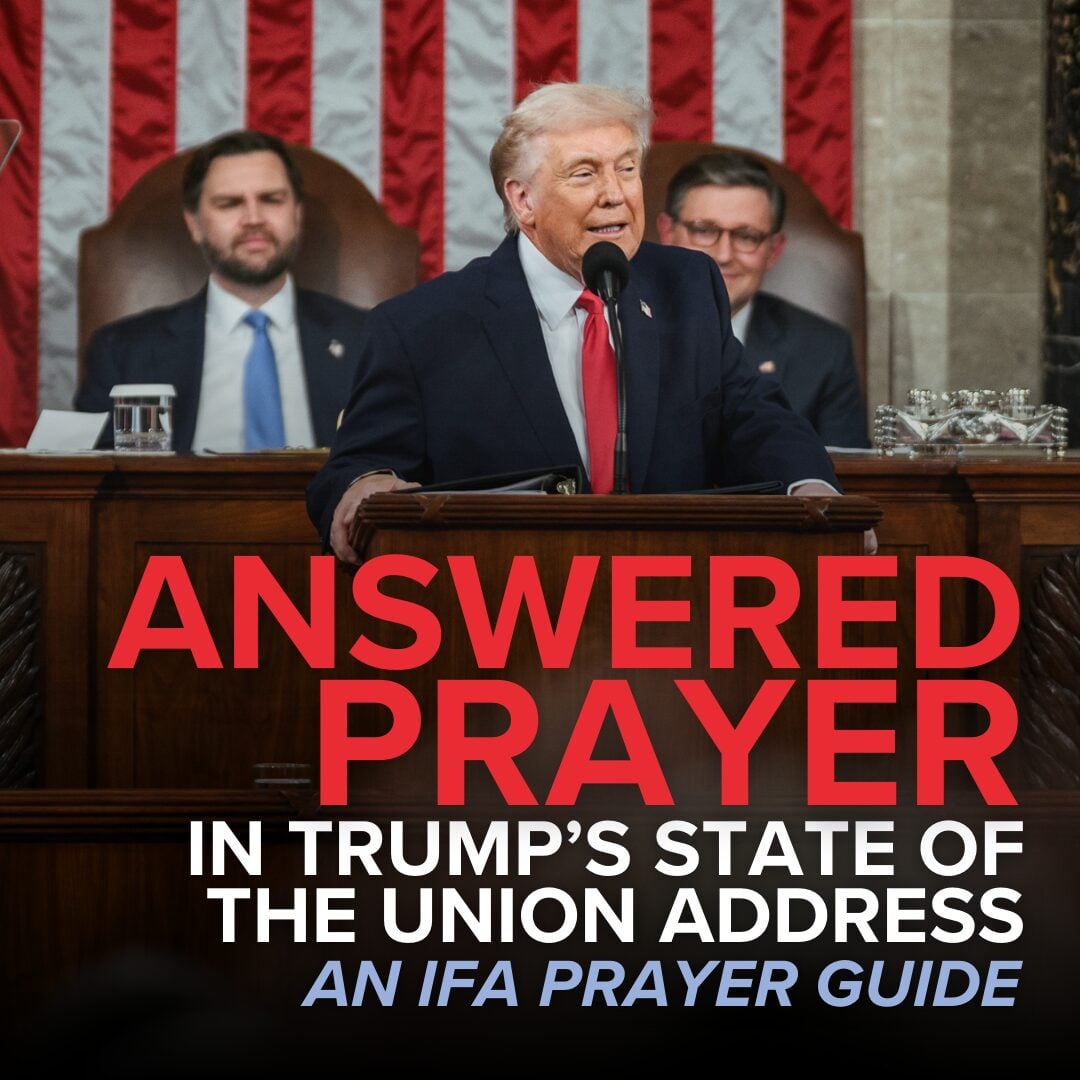Local School Boards Cut Ties with National Group over Domestic Terrorism
Answered Prayer: A Mountain of Vaccine Mandates Landed in the Sea
Texas Abortion Ban Challenge Will Continue in Courts
How You Can Pray for Frontline Missionaries in America
De Santis Proposes Florida State Guard
Local School Boards Cut Ties with National Group over Domestic Terrorism
The fallout over a letter from the National School Boards Association comparing parent protests and threats to domestic terrorism continues as 18 state affiliates have announced intentions to cut ties with the national education organization, according to a watchdog group.
The letter at issue, sent by NSBA leadership to President Joe Biden on Sept. 29, requested “federal assistance to stop threats and acts of violence against public schoolchildren, public school board members, and other public school district officials and educators.”
After expressing concern about the increased “acts of malice, violence, and threats against public school officials,” NSBA President Viola Garcia and Interim Executive Director and CEO Chip Slaven urged Biden to classify “these heinous actions” as “domestic terrorism and hate crimes.”
In October, U.S. Attorney General Merrick Garland sent a memorandum directing the FBI to “convene meetings with federal, state, local, Tribal, and territorial leaders within 30 days” to “facilitate the discussion of strategies for addressing threats against school administrators, board members, teachers, and staff.”
While the NSBA apologized for the letter three weeks after its publication and it has since taken it offline, outrage over the tone of the request still looms large.
In the weeks and months following the letter’s publication, the number of state school board associations that have either distanced themselves from the NSBA letter or withdrawn from the organization entirely continues to grow.
The advocacy group Parents Defending Education, which vehemently opposes the rhetoric of the NSBA letter, has compiled a list of actions taken by state school board associations in response to the letter.
In the past three weeks alone, state school board associations in Alabama, Arkansas, Florida, Illinois, Mississippi and Virginia have voted to withdraw from the NSBA.
The school board associations in these states join their counterparts in Kentucky, Louisiana, Missouri, Montana, New Hampshire, New Jersey, North Carolina, Ohio, Pennsylvania, South Carolina, Tennessee and Wisconsin in announcing their departure from the NSBA immediately or in the near future.
Additionally, several additional states have distanced themselves from the rhetoric in the NSBA letter without formally withdrawing from the national organization. Most notably, the Delaware School Boards Association, based in the president’s home state, issued a forceful response to an inquiry from Parents Defending Education.
“The DSBA disagrees, in the strongest possible terms, with parents and citizens protesting school board meetings being characterized as ‘domestic terrorists’ and their protests being likened to ‘hate crimes,” the organization said in a statement. “The DSBA firmly asserts that citizen and public engagement in school board meetings is an integral and vital aspect of school board governance. We also made it clear that any attempt to silence citizens’ voices is a clear violation of their rights to free speech.”
The DSBA also lamented that the NSBA did not consult with them before sending the letter, noting that had they done so, the state organization would “NOT have allowed the DSBA to be associated with the letter” and “would have asked that the language be changed to reflect the fact that the DSBA does not support the letter and should not be generally included in it.”
The NSBA letter stated that it was sent “on behalf of our state associations and more than 90,000 school board members who govern our country’s 14,000 local public school districts.”
Nine other state school board associations responded to Parents Defending Education, expressing some degree of disagreement with the rhetoric of the NSBA letter or stressing a belief in the ability of parents to speak out about their children’s education. Those states are Georgia, Idaho, Indiana, Iowa, New Jersey, North Dakota, Texas, West Virginia and Wyoming.
Hawaii is not part of the NSBA. An email obtained via public records request revealed the head of the Rhode Island Association of School Committees telling his board that he thinks they should ignore the email from Parents Defending Education.
The remaining state school board associations did not respond to the inquiry from the advocacy group.
The NSBA letter followed a summer defined by intense protests at school board meetings in some localities nationwide as parents and community members had expressed outrage about policies allowing trans-identified students to use bathrooms that correspond with their gender identity as opposed to their biological sex, the use of sexually explicit material in the curriculum and the incorporation critical race theory components into the curriculum.
Specific examples cited by the NSBA letter of “heinous actions” taken by parents speaking out at school board meetings include “anti-mask proponents [who] are inciting chaos during board meetings,” confrontation of school board members by “angry mobs” that have “forced meetings to end abruptly” and a resident of Alabama who describes himself as “vaccine police” calling school administrators “while filming himself on Facebook Live.”
Another occurrence cited as problematic in the letter was the mocking of a Tennessee student “during a board meeting for advocating masks in schools after testifying that his grandmother, who was an educator, died because of COVID-19.”
Five days after the NSBA letter’s publication, Garland wrote the memorandum directing federal law enforcement agencies to work with their counterparts at the local level to “facilitate the discussion of strategies for addressing threats.” The move led to further criticism and a lawsuit.
Opposition to critical race theory and sexually explicit material in public schools played a significant part in last month’s off-year elections.
In last month’s election, candidates who campaigned in opposition to critical race theory performed well in school board races.
At the same time, Virginia’s Democratic gubernatorial nominee Terry McAuliffe, who proclaimed in a debate with his Republican opponent, Glenn Youngkin, that “I don’t think parents should be telling schools what they should teach,” lost the election. A recent poll from the Becket Fund for Religious Liberty found that 63% of Americans think parents should have the “final say” in what children are taught at school.
Reprinted with permission. Originally published at The Christian Post. Article by Ryan Foley. Photo credit: Getty Images.)
Partner with Us
Intercessors for America is the trusted resource for millions of people across the United States committed to praying for our nation. If you have benefited from IFA's resources and community, please consider joining us as a monthly support partner. As a 501(c)3 organization, it's through your support that all this possible.


We use cookies to ensure that we give you the best experience on our website. If you continue to use this site we will assume that you are happy with it. Privacy Policy




Comments
No comments have been posted yet; you can be the first!